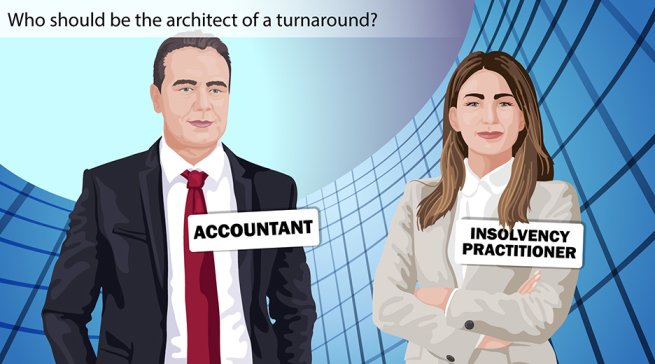
Business Survival Series: Should a struggling business raise prices?
When a business struggles, change is needed to get that business moving in the right direction. One tactic that could be implemented is increasing prices.

When a business struggles, change is needed to get that business moving in the right direction. One tactic that could be implemented is increasing prices.

Cashflow refers to the movement of money into and out of business, and it is one of the essential financial indicators for the business. This is why a proper financial record keeping is so important.

A business turnaround is about getting a business moving in the right direction. Survival is the hopeful outcome of any turnaround process. Survival is a change in the challenged business for the better. It is the process by which a business in financial crisis is transformed into a viable entity.

Small-to-medium sized business owners can’t effectively outsource the responsibility for driving a turnaround process when their business is in financial trouble. They can hire sensible staff and competent professional advisors but they are the only people with the incentive (skin in the game) and experience (because they started the business) to drive forward a turnaround process.

Running a business can be tough and no matter how prepared you are, there will always be hurdles along the path. As such, recognising the type of problem that you’re dealing with is vital in determining what strategy should be implemented to respond to a financial crisis. A helpful starting point is to consider whether the problem is an inside problem or an outside problem.

When your business is in trouble you often feel as though the end is inevitable. But even in the toughest of situations, there is often still options available.

Is your business struggling? Are you losing significant market share or are your margins too small? What next?

Wage theft is the underpayment of employees. Wage theft can occur in a number of ways, for example underpaying wages, not granting entitlements or refusing to pay penalty rates, superannuation, overtime or commissions.

Having creditors is a necessary element of business. But those lines of credit extended to your business do not come without some reciprocal obligations. Respecting your creditors should always be a priority. It is vital that you maintain a strong creditor-debtor relationship, even as situations change and become more difficult.

Be careful who you hire to help you with your problems and make sure they share the same commitment to your business as you do!

Starting a business can be a mystifying process. It involves overcoming complex and seemingly never-ending challenges that can be frustrating to navigate and sometimes will not lead to a quick return. As such, when considering whether to begin such a difficult undertaking, it is immensely important to clarify some of the ideas surrounding starting a business.

A zombie company is a business that barely scrapes by and is always short of cash. The problem with zombie companies is that they can be easily tipped over the edge into insolvency when something goes wrong. Read our article to learn more about the signs, symptoms and consequences of zombie companies.